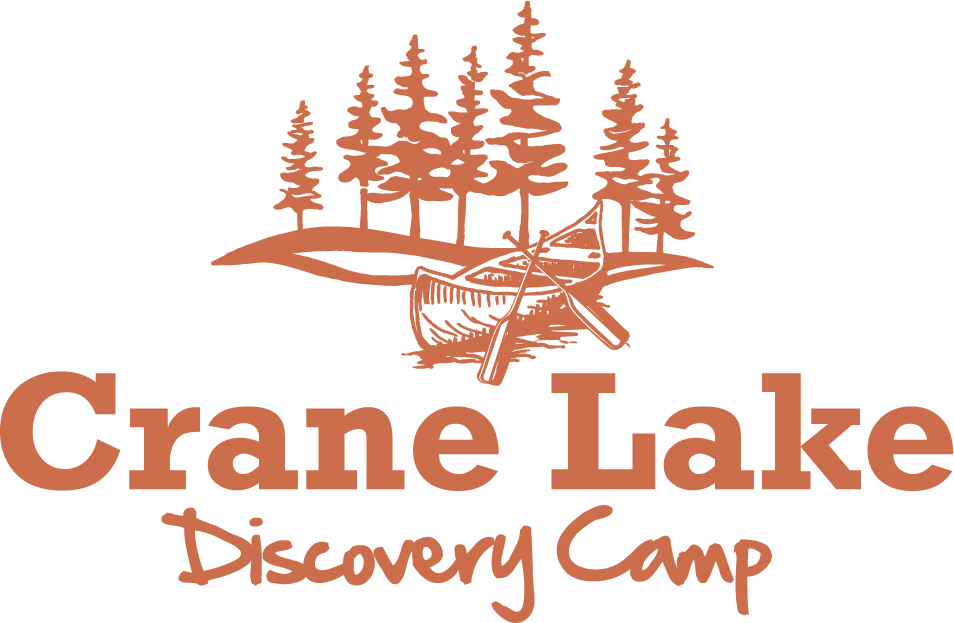Who’s your group?
By Jeanette Duncan, Business Manager
Last month, our staff team had the opportunity to go to camp conference. We loaded up two carloads of our staff team, and made the drive to Bald Eagle Boys Camp in Pennsylvania.
I had no idea what to expect.
In my mind, it would be about 50 people, gathered in a small building, like our Chuckwagon. I mean, it’s kind of a unique program. Whenever people ask me what I do, and I tell them I work for Crane Lake Discovery Camp, it’s invariably followed by “What’s that?”
The concept of camp isn’t new, but the idea of a therapeutic wilderness program that runs year-round is definitely unique. There are ten camps in our association, the Wilderness Road Therapeutic Camping Association, and we are the only one in Canada.
Do you ever feel like you’re all alone in the challenges of your life, like you’re the only one?
We arrived safely at the camp, parking our vehicle in the parking area by the administration buildings. Then we walked up the mountain to where the main events would happen.
As we came into the clearing at the top of the mountain, we saw in front of us two massive tents. One was set up with rows and rows of tables for meals, and the other tent had a podium and enough chairs to seat 400 people.
Gulp. This was way bigger than I’d realized: Our small team from Canada was not alone. We were part of something with years of history and practice.
It’s one thing to know that in your head; it’s another thing to experience it.
It was a busy few days. We sang together, listened to speakers, and broke out into small discussion group. At meals, we sat at random tables and met people from other camps. Our staff got to meet other people doing the exact same jobs as them.
We didn’t have to explain ourselves. The jokes were funny.
The other camps in our association are in various stages of development; some have been in operation for over 40 years, while some new camps haven’t even launched yet. Some serve boys, others serve girls. Most serve the 10-15 age range, while others have extended their program to older teens as well. Most camps are in the States, except for us in Canada, and Camp Comeragh in Ireland. Together, we talked about the challenges and the joys of our shared mission.
The speakers were inspiring, telling stories of their years in camp work. They reminded us of key elements of our program and helped us re-calibrate our small camp within the larger vision.
One thing they talked about a lot was group work. At camp, boys or girls live in groups of up to ten campers and two group leaders (counsellors). It is the group itself that serves as a therapy tool, as the campers learn that their actions affect others, and then learn how to support and speak truth to each other. This group of peers is highly effective in helping a camper change and grow.
One speaker spoke about how isolated and lonely people are in today’s culture. While at the hospital, in the waiting room, he saw many people by themselves. As he waited on his uncomfortable chair, dealing with tough medical realities, he knew his church and camp family were praying for him. Who, he wondered, was caring for the other people he saw in the hospital waiting room?
He went on to ask, “Who is your group? Who are the people who care for you when things are tough, who love you, challenge you, and help you to be your best?” Just as the campers experience growth and caring in their group, so also we need people around us, to care for us, to challenge us, to help us be our best.
As a staff team, we are part of something bigger than ourselves. We can learn and grow from others within our association. And we are also a close-knit team, helping each other be our best. It requires us to invest in each other, to help each other, to speak the truth in love.
What about you, who is your group? Who are the people who care for you when things are tough, who love, challenge, and help you to be your best? Who do you invest in?








